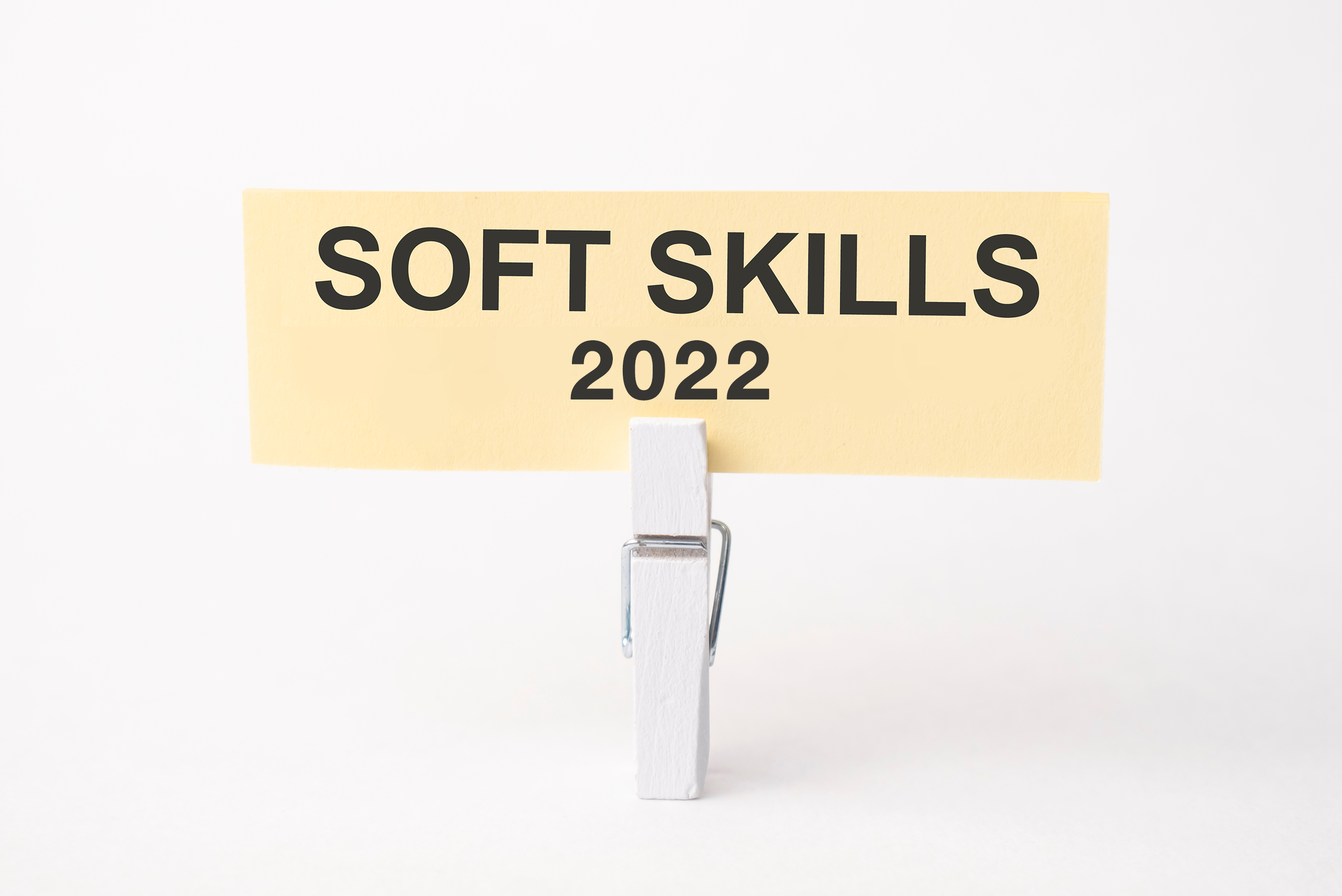
Must-have: managers need these soft skills
In addition to technical skills, professional experience and specialist knowledge, managers need special soft skills to inspire employees. Not all of these qualities come naturally. The good news is that with a little time and perseverance, you can train and develop certain soft skills. In this article, you can read which soft skills these are and why they are so important in a changing world of work.
These soft skills are essential for leaders
Soft skills are difficult to grasp as soft factors. They cannot be measured by a university degree and are also not easy to represent in graphs. This is what often makes it so difficult for managers to assess themselves. Do I have important soft skills that are indispensable for management tasks?
Soft skill 1: Self-image
The most important basis for understanding others is a good self-image. Only when you know yourself well enough and can assess your strengths and weaknesses can you have a positive influence on those around you. Good self-awareness leads to self-regulation and empathy. Through a deep understanding of your own emotions, you are able to recognize the strengths and weaknesses of others and respond to them empathetically. Self-awareness can be trained through mindfulness exercises, for example.
Soft skill 2: Empathy
What results from a good self-image is empathy. The nasty, authoritarian superior has had its day. An empathetic manager has the talent to assess issues without judgment at first glance. They include not only the work result in the overall assessment, but also what motivates and moves the individual. By being able to empathize with these motivations, the manager can also prevent individual problems from affecting the entire team.
Soft skill 3: Flexibility
Plan A didn't work? Then plan B is already ready. The world has never been as unpredictable as it is today. Technologies are developing at the speed of light, trends come and go. In the midst of this chaos, one of the most important soft skills is keeping a cool head and adapting quickly to change.
Soft skill 4: Talent for delegation
Closely linked to the topic of flexibility and agility is the talent for delegation. You can only be agile in the market if not everything runs across your desk. Give your employees the authority to make decisions. This also boosts morale!
Soft skill 5: Giving and accepting feedback
Constructive feedback is an important tool for the further development of your employees. Good feedback adheres to important rules so as not to have the exact opposite effect. Feedback should always be based on behavior, not on a person. It should be given promptly and not be collected until the next performance review. One of the most important soft skills for leaders is to be able to accept feedback and actively ask the team for feedback. When accepting feedback, it is essential to avoid taking a defensive stance.
There are many other soft skills that make it easier for you as a leader to lead your team. These include active listening, assertiveness, problem-solving skills and communication skills.
Our coaches will be happy to support you in further expanding and developing your personal soft skills. Feel free to contact us!